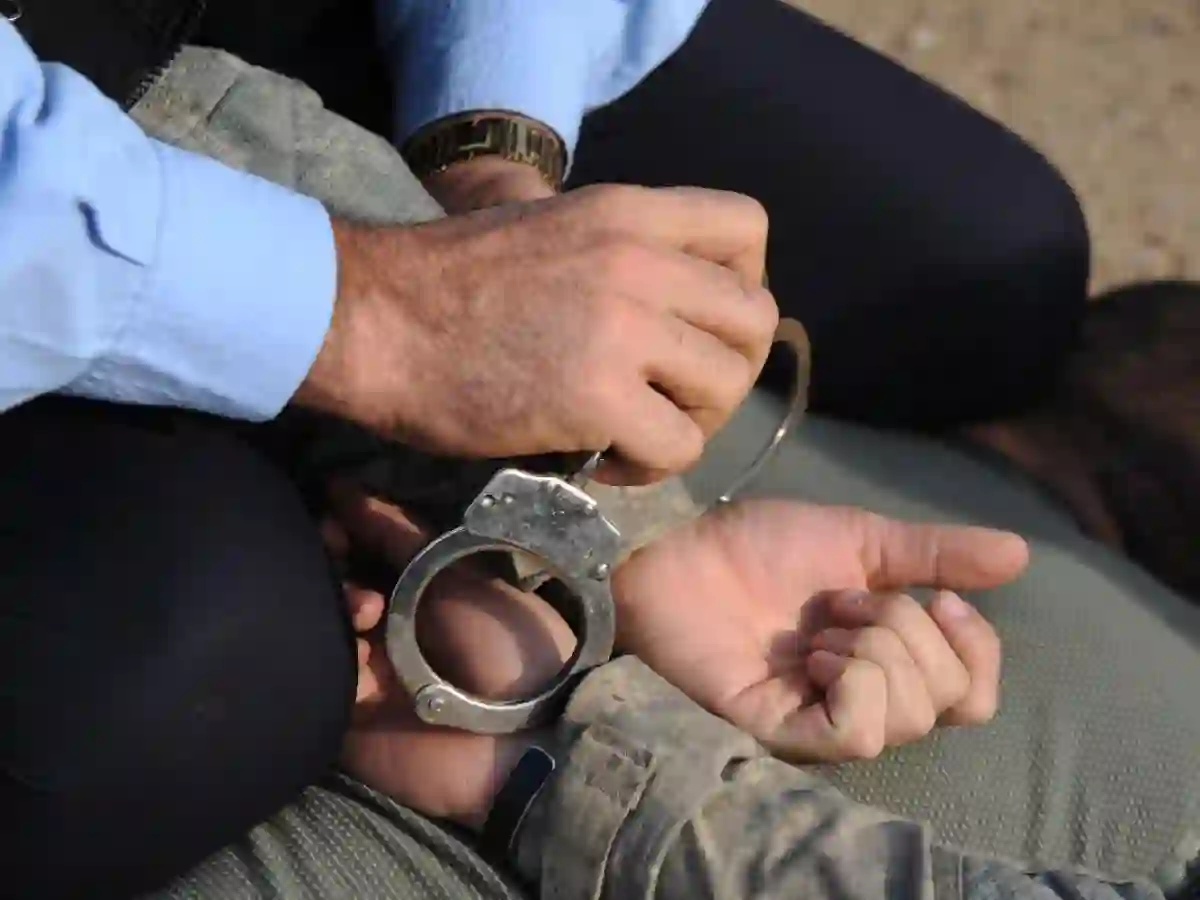What started as a criminal investigation in the Russian city of Yekaterinburg has now spiraled into a full-blown diplomatic standoff between Russia and Azerbaijan.
With mass detentions, accusations, and even cultural boycotts in the mix, both nations are navigating one of their tensest moments in recent memory.
Kremlin Pushes Back on Azerbaijan’s Criticism
Kremlin spokesperson Dmitry Peskov pushed back against Azerbaijan’s diplomatic complaints after over 50 Azerbaijani nationals were detained in Yekaterinburg.
When asked about Baku’s demand for an investigation, Peskov downplayed the situation, saying law enforcement operations shouldn’t be used as a basis for diplomatic protests.
He did, however, express regret over the fallout and said it was important for both countries to continue working together to understand what actually happened.
For now, there are no scheduled talks between Vladimir Putin and Ilham Aliyev, but Peskov noted that a conversation could happen quickly if needed.
Russia, he emphasized, still wants to maintain strong ties with Azerbaijan.
Dozens Detained Over Alleged Criminal Activity
The spark for this diplomatic firestorm came on June 27, when Russian police rounded up more than 50 Azerbaijani nationals in Yekaterinburg.
Local reports suggest that the detentions are connected to a longstanding investigation into an ethnic criminal group suspected of several violent crimes—some dating as far back as 2001, 2010, and 2011.
According to the Sverdlovsk division of the Investigative Committee, the group is believed to be responsible for murders and attempted murders tied to turf wars in the business underworld.
Baku Responds with Outrage and Cultural Boycott
In response, Azerbaijan’s Foreign Ministry claimed that several of those detained were either injured or killed, prompting an angry official protest.
Russia, on its side, insisted the arrests were strictly part of a criminal investigation, not politically or ethnically motivated.
The diplomatic strain deepened when Baku summoned Russia’s chargé d’affaires Pyotr Volokovykh to express its frustration.
Russia responded by assuring that the matter was firmly under law enforcement control.
Then came a symbolic blow: Azerbaijan’s Ministry of Culture announced it was cancelling all planned cultural events involving Russia.
Additionally, an Azerbaijani parliamentary delegation pulled out of a session with their Russian counterparts.
Diaspora Voices Add Fuel to the Fire
A Telegram channel called ADR – Azerbaijani Diaspora of Russia stirred controversy with a statement criticizing the Azerbaijani government for escalating tensions unnecessarily.
The channel accused officials in Baku of playing “political games” and damaging ties with Moscow at a sensitive time.
The Azerbaijani authorities quickly discredited the channel, calling it fake and accusing it of spreading provocative misinformation.
The post in question claimed that the diaspora is more interested in maintaining peace than supporting media-fueled criticism of Russian leadership.
Deaths in Custody Raise Serious Questions
As of June 30, the situation became even more serious.
A spokeswoman for Russia’s Investigative Committee, Svetlana Petrenko, confirmed that two of the detained Azerbaijani nationals had died.
One reportedly suffered heart failure, while the cause of the second death is still under investigation.
Given the gravity of the accusations and the deaths involved, the case has now been escalated to the central office of the Investigative Committee for a full and “objective” probe.
Criminal Cases Date Back Decades
The case reportedly connects back to a 2001 killing involving an Azerbaijani man, Yunis Pashayev, who was stabbed with a kitchen knife.
The primary suspects, brothers Huseyn and Ziyaddin Safarov, who owned the “Caspian” café, later died in custody.
Investigators now believe the same group may have been involved in other contract killings and attempted murders in 2010 and 2011.
Crackdown on Russian Media in Baku
As if the situation needed another layer, Azerbaijan’s Interior Ministry raided the office of Sputnik Azerbaijan, a Russian state-affiliated media outlet.
The editorial team reportedly lost contact with Moscow during the raid.
Earlier this year, Azerbaijan had already announced the closure of the Russian state agency Rossiya Segodnya in the country, citing operational issues.
Although officially only one correspondent was accredited, reports suggest the agency may have continued operating through unofficial channels.
A Widening Rift Between Former Partners
This string of events reflects a broader shift in relations between the two countries, once relatively stable regional partners.
As Azerbaijan leans more into asserting its sovereignty and sensitivity over how its citizens are treated abroad, Russia insists that domestic law enforcement actions are non-negotiable.
The tension now lies in how far this rift will go—and whether diplomacy can cool things off before more damage is done.



